Student Competition
Celebrate learning and achievement by igniting your students’ competitive spirits.
Competition motivates us all to perform our best, especially if there’s a reward. For students, competition offers an opportunity to take calculated risks and use real world skills like problem solving, innovative thinking, and collaboration.
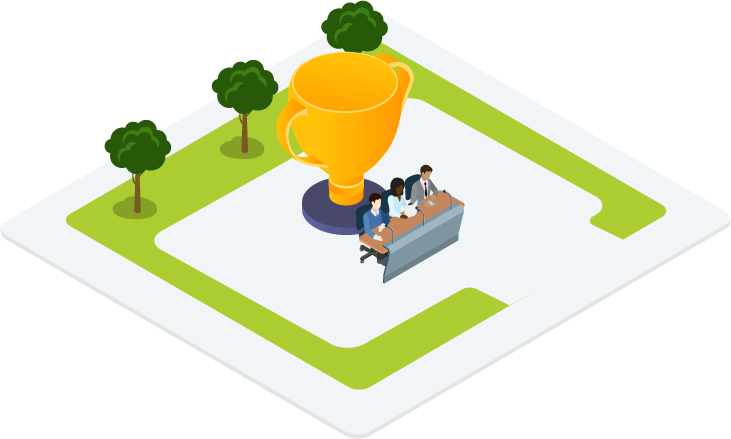
How does this fit with my class?
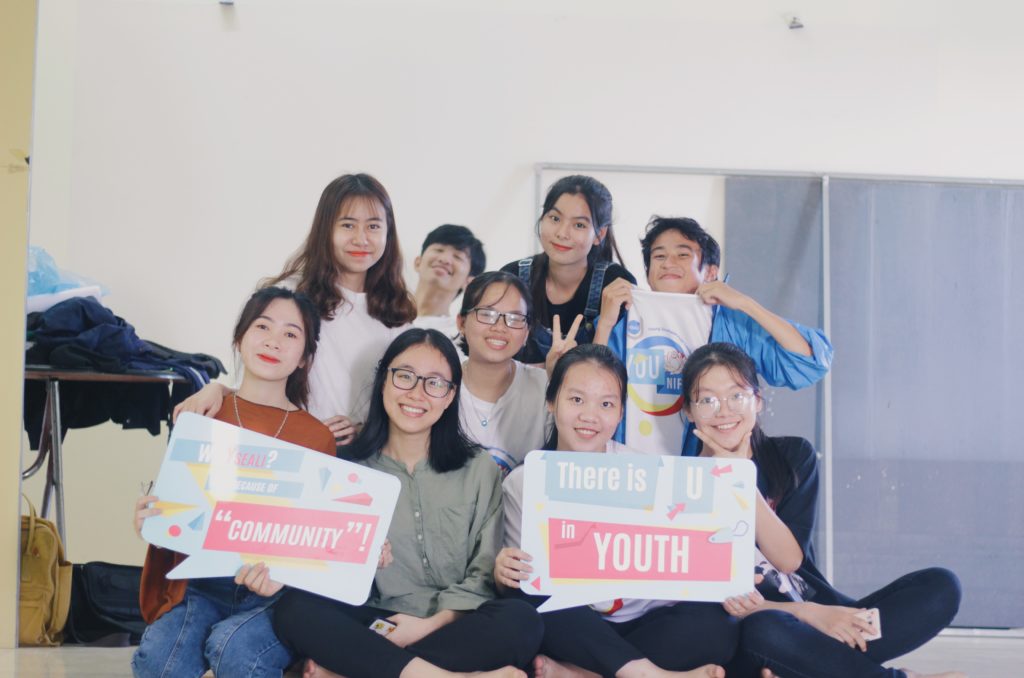
Student competition skills are important compliments to classroom learning with a focus on academic performance. Plus, integrating real world professionals as judges provides students with invaluable feedback and experiences.
Objectives
- Collaborate with peers
- Practice public speaking and answer questions effectively
- Present information and materials to meet a standard or rubric
- Develop verbal and nonverbal communication skills
- Learn how to balance different viewpoints
- Understand and utilize feedback
- Develop self-confidence and motivation
- Learn to succeed through failure and value positive competition
Activity Location
-
 In school
In school
-
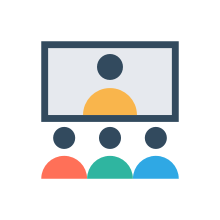 Virtual
Virtual
-
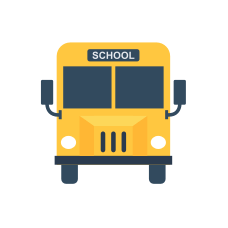 Out of school
Out of school
Prep Time
-
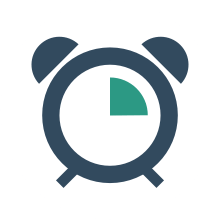 Low
Low
-
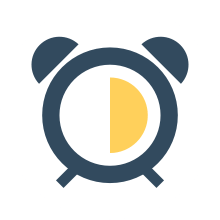 Medium
Medium
-
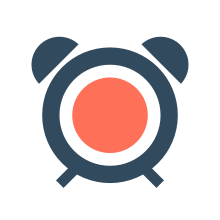 High
High
Scope
-
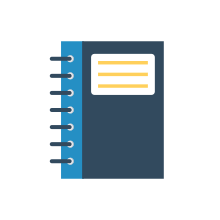 Lesson
Lesson
-
 Event
Event
-
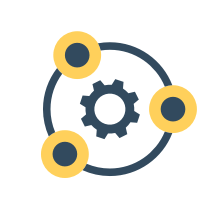 Program
Program
What will my students gain?
From the Partnership for 21st Century Learning Framework:
Creativity & Innovation
- Demonstrate originality and inventiveness in work and understand the real world limits to adopting new ideas
- View failure as an opportunity to learn; understand that creativity and innovation is a long-term, cyclical process of small successes and frequent mistakes
Critical Thinking & Problem Solving
- Effectively solve different kinds of non-familiar problems in both conventional and innovative ways
- Effectively identify and ask significant questions that clarify various points of view and lead to better solutions
- Effectively interpret information and draw conclusions based on the best analysis
- Reflect critically on learning experiences and processes
Communication & Collaboration
- Articulate thoughts and ideas effectively using oral, written and nonverbal communication skills in a variety of forms and contexts
- Listen effectively to decipher meaning, including knowledge, values, attitudes and intentions
- Use communication for a range of purposes (e.g. to inform, instruct, motivate and persuade)
Information, Media, and Technology Skills
- Evaluate information critically and competently
- Use information accurately and creatively for the issue or problem at hand
- Use technology as a tool to research, organize, evaluate and communicate information
Life & Career Skills
- Deal positively with praise, setbacks and criticism
- Set goals with tangible and intangible success criteria
- Utilize time and manage workload efficiently
